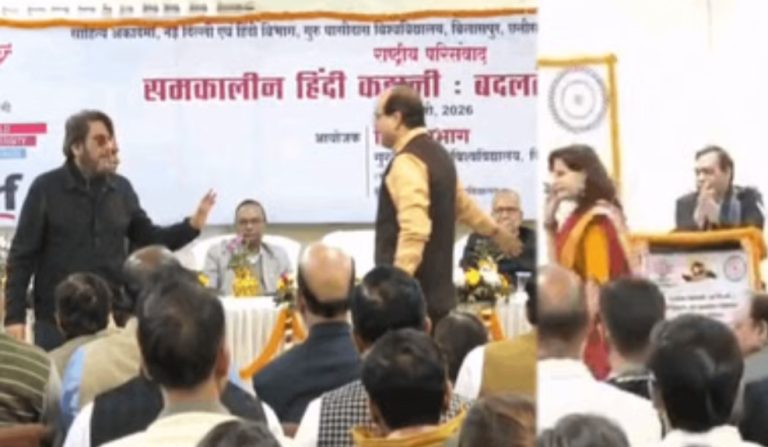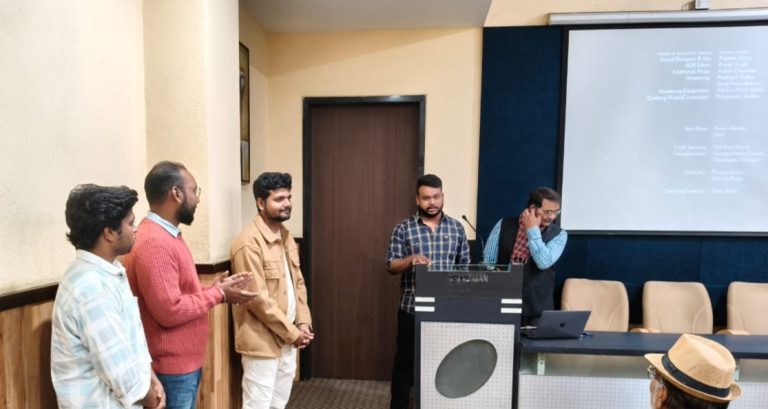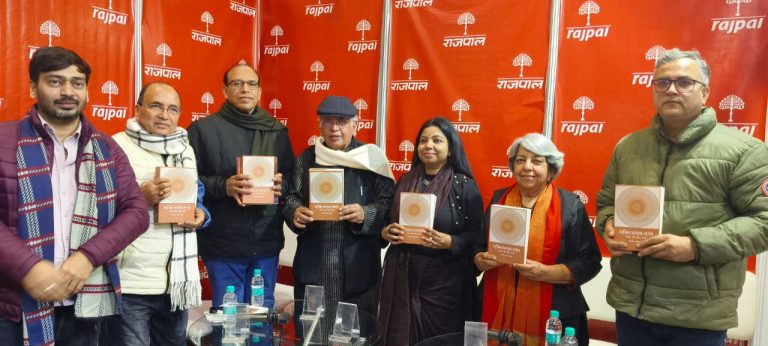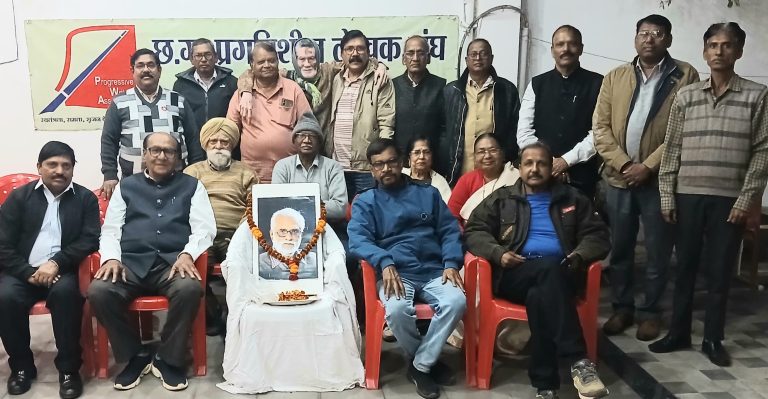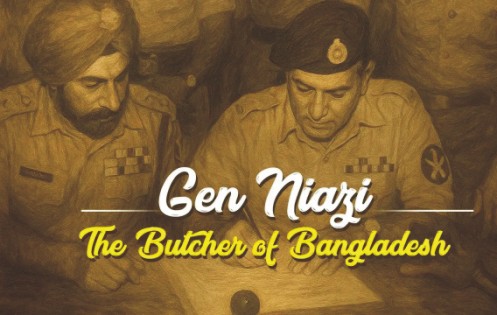
Edited by:Ajay Kumar
Pakistani Army General AAK Niazi was the man who signed the surrender order of Pakistani troops to end the 1971 war against India. His life took dramatic turns after the surrender.
India and Pakistan are witnessing renewed tensions after the deadly terrorist attack in Pahalgam, in which 26 innocent people, mostly tourists, lost their lives. India has taken several measuresin the days following the attack to curtail all existing ties with Pakistan. India suspended visas to Pakistani citizens, closed the Attari border and paused the Indus Waters Treaty. Pakistan, in response, suspended the Simla Agreement – the pact that was signed after the 1971 war victory of India against Pakistan to realise the existence of the Line of Control (LoC).
India had won the war and Pakistan, then East and West Pakistan, got divided. Bangladesh was born. A historic photograph of Pakistan Army Chief General AAK Niazi in the presence of Lieutenant General Jagjit Singh Aurora. However, it is not usually talked about where the Pak General went after that.
Pakistan had surrendered with 93000 troops, ending the war. But what happened to Gen Niazi, also called the Butcher of Bangladesh? The story of 1971 ended with the signing of the surrender document on Dec 16, 1971; but the Niazi’s story continued.
AAK Niazi: From Pak General To Prisoner Of War
Very few people know that Pak General AAK Niazi was brought to India as a prisoner of war after the 1971 surrender agreement was signed. On the day the surrender document was signed, Niazi went on to have breakfast, meet fellow personnel.
In Dhaka, Niazi met journalists and the Indian Army in the Governor House. He was then taken under the custody of the Indian Army, along with Pakistani Army personnel. Bangladesh government wanted Niazi, and many other Pakistani officials, so that they could be charged for war crimes, other acts and possibly be given the death penalty.
However, Indian did not do so, fearing the fate of its soldiers in West Pakistan. Hence, the Indian Army brought 93,000 Pakistani soldiers with General Niazi to India and kept them in different places within a few weeks.
General Niazi’s Days In Jabalpur
General Niazi was first brought to Kolkata in Fort William as a prisoner of war. From here, he was taken to the Jabalpur unit of the Indian Army with some other Pakistani soldiers. His movement and presence was kept a secret, and even the police reportedly did not know about this. General Niazi’s presence in Jabalpur was so secret that even the local people of Jabalpur did not know about it for many years.
A typewritten note stating the administrative arrangement made for Niazi and six other senior officers’ times as prisoners is on display at a museum that is overseen by the army ordnance corps (AOC), a Times of India report added. Then, the Simla Treaty was signed in July, 1972. The two sides decided the exchange of prisoners, and Niazi reportedly ensured the return of all the soldiers, before his own release in April 1975.
Niazi’s Dark Days Began In Pak
Back in his home country Pakistan, Niazi was immediately removed from his post and put into custody. He was not allowed to talk to anyone, even the media. The Pak Army dismissed him from all the posts and military honours. Reports say his pension was also stopped. For a very long time, he was kept in solitary confinement.
General Niazi was dismissed from his post, and all his military honours were withdrawn. Even his pension was stopped. His pension resumed when Zulfiqar Ali Bhutto came to power in 1975. Niazi’s rank was demoted from Lieutenant General to Major General in the army, and later, he was expelled from the army.
Once out of jail, he joined politics and became a member of the Pakistan National Alliance. But this did not last for long, as when Jiya-ul-Haq overturned Zulfiqar Ali Bhutto’s post, General Niazi was re-arrested as a historian for some time. He then left politics as well.
Niazi Faces Pak’s Wrath
Pakistan had formed a panel to probe the country’s 1971 war loss. In 1982, the committee accused General Niazi of several serious allegations, such as corruption, criminal negligence, unethical activities, and even the confiscation of betel leaves from eastern Pakistan to western Pakistan.
They recommended Niazi’s court-martial, which no Pakistani government had ever done. Reports say his image was so tarnished that people called him the donkey of Bengal.
He, however, never accepted it was his fault and blamed Yahya Khan for the 1971 loss. He later also wrote a book on the war with the title ‘Betrayal of East Pakistan’. However, many contradict the claims made by Niazi in his book.
He breathed his last on Feb 1, 2004 in Lahore, Pakistan.
(Courtesy Times Now)

